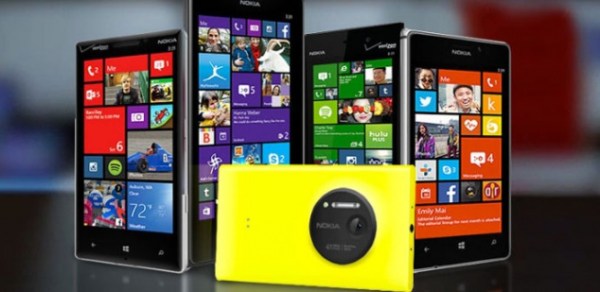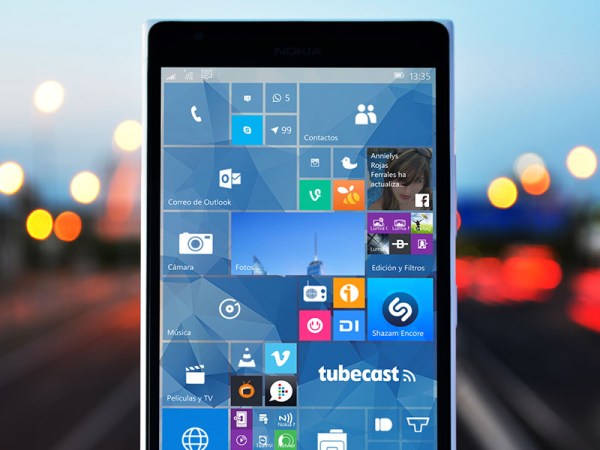
Another big one of the Microsoft conglomerate has bit the dust. Just a few weeks ago, we learned of Mountain View’s plans to discontinue the Microsoft Edge engine, Windows 10’s default browser. in favor of a new one based on Chromium, the open source engine of Google Chrome, after admitting the undeniable defeat of a browser that was born practically dead.
Now this week we get new news, where Microsoft once again accepts what is already a fact, publishing a support page where it instructs Windows 10 Mobile users on what to do now that that operating system will no longer be supported and updates.
Goodbye Windows 10 Mobile, very few will miss you
The document explains that as of December 10, 2019, Windows 10 Mobile will stop receiving automatic updates that include, among other things, security patches, as well as what will happen after that date, where little by little some of the Windows 10 Mobile services will stop working, such as the possibility of making manual system backups, which will be available until March 10, 2020.

Lack of interest from app developers and phone makers was ultimately the cause of Windows 10 Mobile’s premature death
Although technically users will be able to continue using their phones without problem after December, on its support page, Microsoft even invites current Windows 10 Mobile users to migrate to an Android or iOS device of their choice:
“With the end of Windows 10 Mobile OS support, we recommend that customers move to a supported Android or iOS device. Microsoft’s mission states that we must empower every person and every organization on the planet to accomplish more, which requires us to support our mobile applications on those platforms and devices.”.
Although the end of Windows 10 Mobile is an event that does not surprise almost anyone at this point, yes marks one more defeat in the current duopoly of Apple and Google that others have also tried unsuccessfully to conquer in the past, such as the defunct Firefox OS and the dying Ubuntu Touch. Two open source projects that made us think at the time that there could be more preces in the water than mobile operating systems.
Read also:
